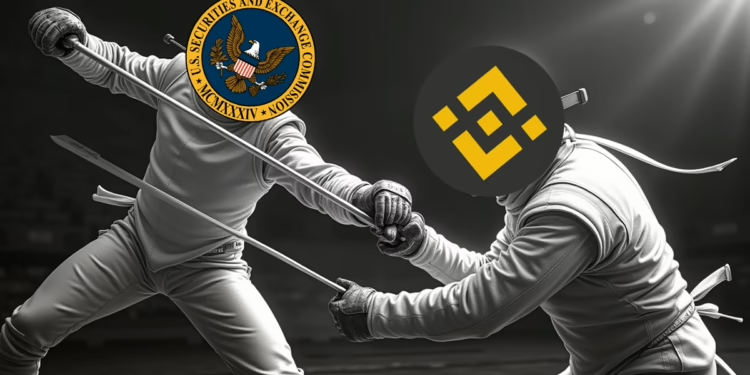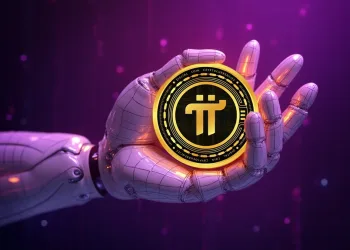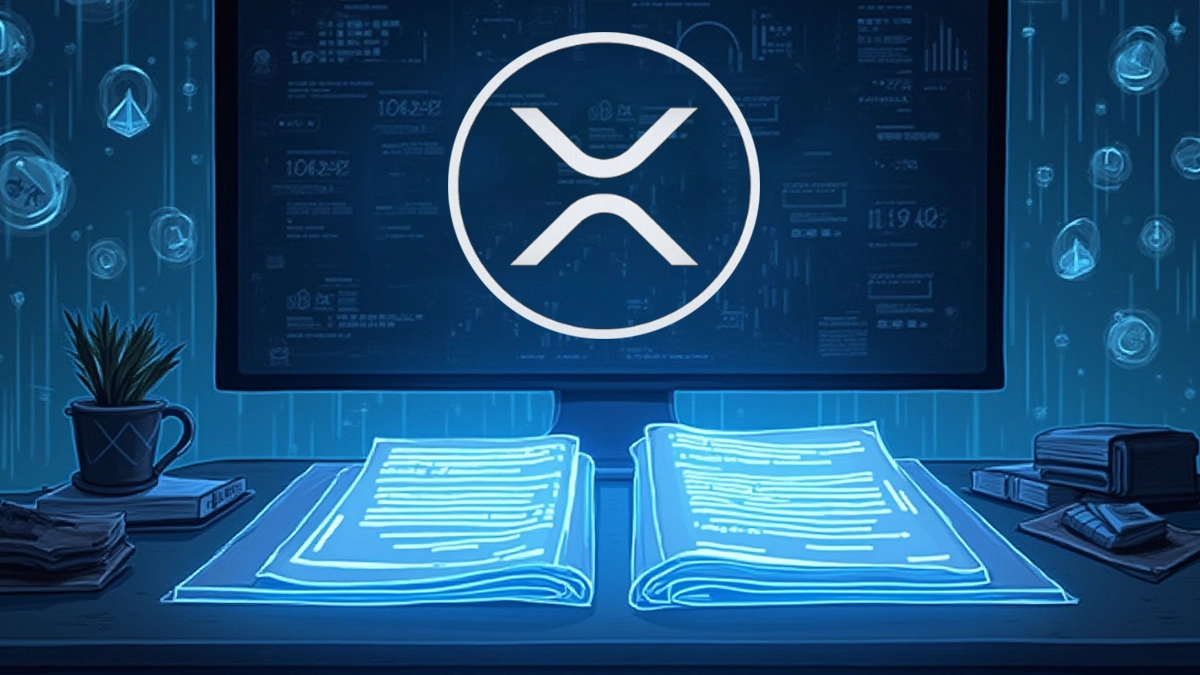- SEC and Binance extend case pause, citing ongoing talks with crypto task force.
- The SEC’s crypto task force could reshape blockchain asset regulations significantly.
- Task force’s efforts may lead to new rules balancing innovation and investor protection.
The legal battle between the U.S. Securities and Exchange Commission (SEC) and Binance has been put on hold once again. In a recent development, both parties jointly requested the court to extend the current pause for an additional 60 days. The filing comes after what the parties described as productive conversations.
These discussions include the broader implications of the SEC’s internal crypto task force, which could reshape the regulatory approach to digital assets. The request reflects a continued effort to explore possible resolutions without prematurely moving forward with litigation.
The pause, initially set to expire on April 14, will now likely stretch into mid-June, pending court approval. At that time, the court expects another status update.
Discussions Center Around Regulation and Industry Clarity
Since the SEC filed its lawsuit in 2023, the case has experienced multiple pauses. These delays aim to allow time for negotiation and regulatory alignment.
The SEC accused Binance and its former CEO, Changpeng Zhao, of several violations. These included operating an unregistered broker-dealer, mismanaging customer funds, and manipulating trade volumes on Binance US.
However, recent developments suggest a shift in tone. Rather than pressing forward with aggressive litigation, the SEC and Binance are now engaging in more collaborative talks. Much of this shift is attributed to the SEC’s crypto task force. This group is expected to play a central role in defining how securities laws apply to blockchain-based assets.
Significantly, the task force’s ongoing efforts have influenced the pace of this case. Both sides agree that a continued pause allows room for regulatory clarity. The SEC staff must also obtain internal authorization to change the scope or settle aspects of the case.
SEC Task Force Seen as a Potential Turning Point
Besides offering clarity, the task force may influence future rulemaking. Acting SEC Chair Mark Uyeda has noted the need for balance. He acknowledged that regulatory oversight must not stifle innovation while still protecting investors. Consequently, the task force may explore limited exemptions or new frameworks to accommodate blockchain startups.







